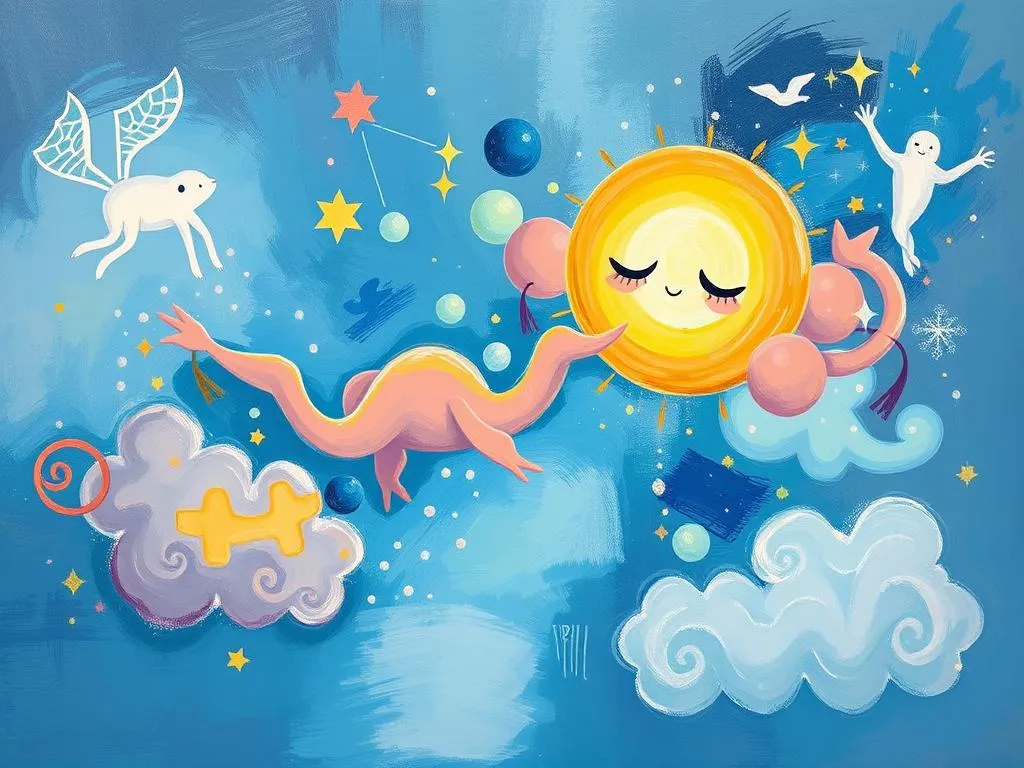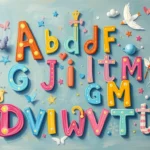
Introduction
Dreams have fascinated humanity for centuries, serving as portals to the subconscious and reflections of our innermost thoughts and feelings. The significance of dreams often intrigues people, prompting questions about their meaning and relevance in our waking lives. Why do we dream? What do these nightly narratives signify? Understanding the symbolism and meaning behind dreams can offer invaluable insights into our emotional state, unresolved issues, and even future possibilities. In this article, we will delve into the various aspects of dream symbolism, exploring its meanings and interpretations, and encouraging you to reflect on your own dreams.
Symbolism and Meaning
Dreams are rich in symbolic content, with each element representing something deeper than its surface appearance. Common symbols found in dreams can vary greatly, influenced by cultural backgrounds, personal experiences, and even societal norms.
For instance, water often symbolizes emotions, reflecting the dreamer’s emotional state or subconscious feelings. Calm water might indicate tranquility, while turbulent waves could represent chaos or overwhelming emotions. Similarly, flying in dreams is frequently associated with liberation or a desire to escape from constraints. It suggests a yearning for freedom or an elevated perspective on life’s challenges.
The house is another prevalent dream symbol, often representing the self or various aspects of the dreamer’s life. Different rooms may correspond to different facets of one’s personality or life experiences. For instance, a basement can signify repressed thoughts or memories, while an attic may represent aspirations or higher consciousness.
In contrast, common fears like being chased can symbolize avoidance of something troubling in waking life. It may indicate that the dreamer is running away from responsibilities, emotions, or decisions that need to be addressed. The presence of animals can also have significant meanings; for example, a lion may symbolize courage and strength, while a snake could evoke feelings of fear or transformation.
Each symbol carries multiple layers of meaning. The interpretation can change dramatically depending on personal associations and the context of the dream. It’s important to note that while there are universal symbols, the most profound understanding comes from personal reflection.
Key Scenarios and Variations
The interpretation of dreams can vary widely based on specific scenarios and the dreamer’s unique experiences. For instance, dreaming of losing teeth can evoke feelings of anxiety about aging or loss of control. However, the scenario’s context is crucial. If the loss is accompanied by feelings of empowerment—perhaps the dreamer is preparing for a significant life change—the interpretation shifts to signify a transition rather than mere anxiety.
Similarly, falling dreams can induce panic and fear, often interpreted as a loss of control or insecurity. Yet if the dreamer awakens feeling a sense of relief or acceptance upon hitting the ground, it may indicate a willingness to confront difficult truths or let go of burdens.
Another common scenario involves taking an exam. For many, this symbolizes self-evaluation and the pressure to prove oneself. However, variations exist; for instance, if the dreamer is well-prepared, it can signify confidence in their abilities. Conversely, a dream where the exam is unexpected might indicate feelings of being unprepared for an upcoming challenge in real life.
The presence of strangers can also change the dream’s narrative. Encountering a stranger in a dream may symbolize new opportunities or aspects of oneself that are yet to be discovered. The nature of the interaction with the stranger—whether friendly or hostile—can significantly influence the dream’s interpretation, from welcoming new experiences to confronting fears.
The dream environment plays a crucial role as well. A familiar place evokes feelings of comfort, while an unfamiliar one may trigger anxiety, indicating feelings of uncertainty or insecurity in waking life. For example, dreaming of being in a childhood home might evoke nostalgia or unresolved childhood issues, while dreaming of an alien landscape can suggest feelings of being lost or out of place.
Real-Life Connections and Takeaways
Connecting dreams to real-life situations can be a powerful exercise in self-reflection and personal growth. Understanding the symbolism and scenarios in your dreams can unveil hidden emotions, unresolved issues, or even latent desires.
Consider keeping a dream journal to track your dreams and their recurring symbols. Reflect on the emotions you experienced during the dream and upon waking. What was happening in your life at the time? This practice can help identify patterns and offer clarity on your emotional landscape.
When engaging with your dreams, ask yourself critical questions. What does this dream reveal about my current circumstances? Are there any feelings or situations in my waking life that resonate with the dream’s symbols? By consciously reflecting on these aspects, you can gain deeper understanding and potentially uncover solutions to challenges you face.
It’s also beneficial to approach dreams with an open mind. While certain symbols may hold universal meanings, your personal experiences will shape their significance. Embrace the individuality of your dreams. For example, if you dream of a snake, while it may be a common symbol of fear or transformation for many, your personal association with snakes—whether positive or negative—will provide a unique interpretation.
Finally, remember that not all dreams require immediate action or deep analysis. Sometimes, they serve as a mere reflection of daily experiences or thoughts. However, should a dream resonate with you strongly, it may be worth exploring further.
Conclusion
Dreams serve as a mirror to our subconscious, revealing our fears, desires, and unresolved issues. By understanding the symbolism and meaning behind dreams, we can gain valuable insights into our emotional well-being and personal growth. Whether through common symbols like water and houses or unique scenarios like flying or being chased, the layers of meaning can vary greatly.
Reflect on your dreams and the emotions they evoke. What symbols stand out to you? How do different scenarios alter their interpretation? By fostering a deeper connection with your dreams, you can cultivate a better understanding of yourself and your life’s journey. Ultimately, dreams are not just mere narratives but powerful tools for introspection and growth. Embrace the mystery of your dreams and allow them to guide you on your path to self-discovery.







